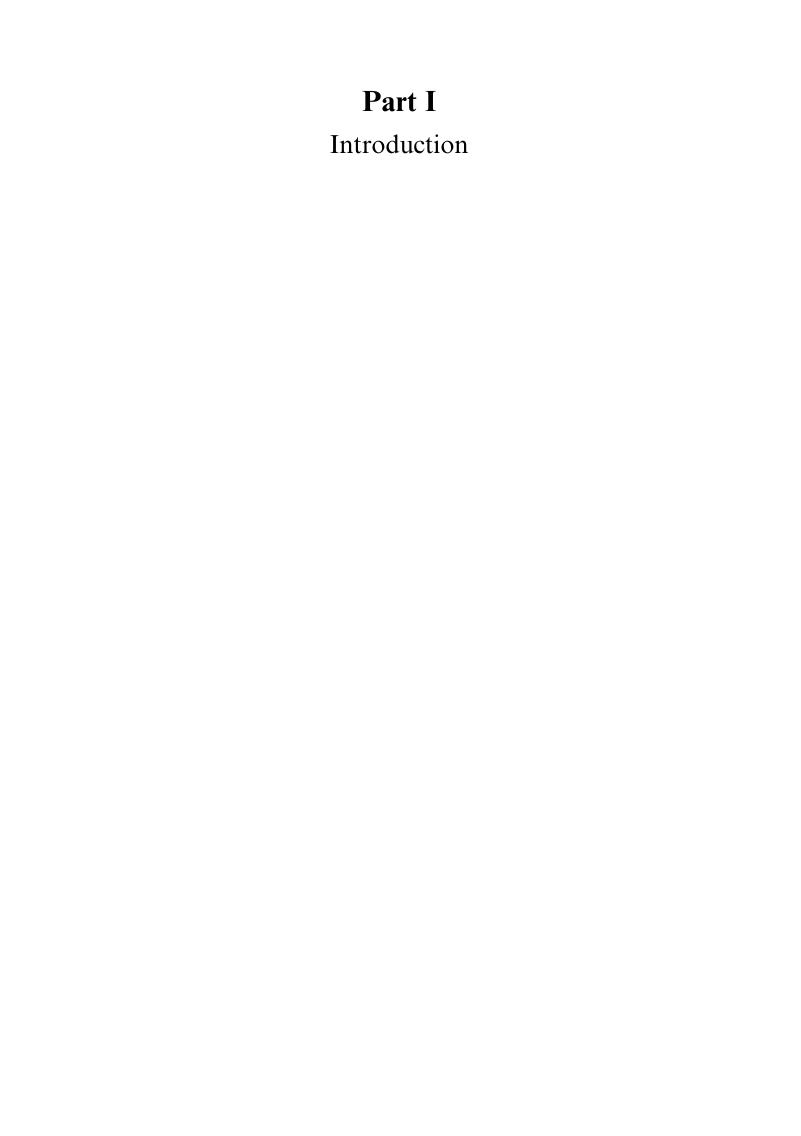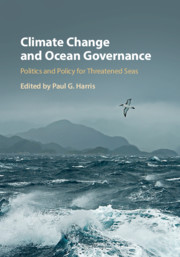Book contents
- Climate Change and Ocean Governance
- Climate Change and Ocean Governance
- Copyright page
- Contents
- Contributors
- Acknowledgments
- Part I Introduction
- Part II Vulnerable Islands and Coasts
- Part III Marine Fisheries and Pelagic Seas
- Part IV Changing Polar Seas
- Part V Institutions and Law for Ocean Governance
- Part VI Policies for Ocean Governance
- Part VII Conclusion
- Index
- References
Part I - Introduction
Published online by Cambridge University Press: 12 February 2019
- Climate Change and Ocean Governance
- Climate Change and Ocean Governance
- Copyright page
- Contents
- Contributors
- Acknowledgments
- Part I Introduction
- Part II Vulnerable Islands and Coasts
- Part III Marine Fisheries and Pelagic Seas
- Part IV Changing Polar Seas
- Part V Institutions and Law for Ocean Governance
- Part VI Policies for Ocean Governance
- Part VII Conclusion
- Index
- References
Summary

- Type
- Chapter
- Information
- Climate Change and Ocean GovernancePolitics and Policy for Threatened Seas, pp. 1 - 42Publisher: Cambridge University PressPrint publication year: 2019



